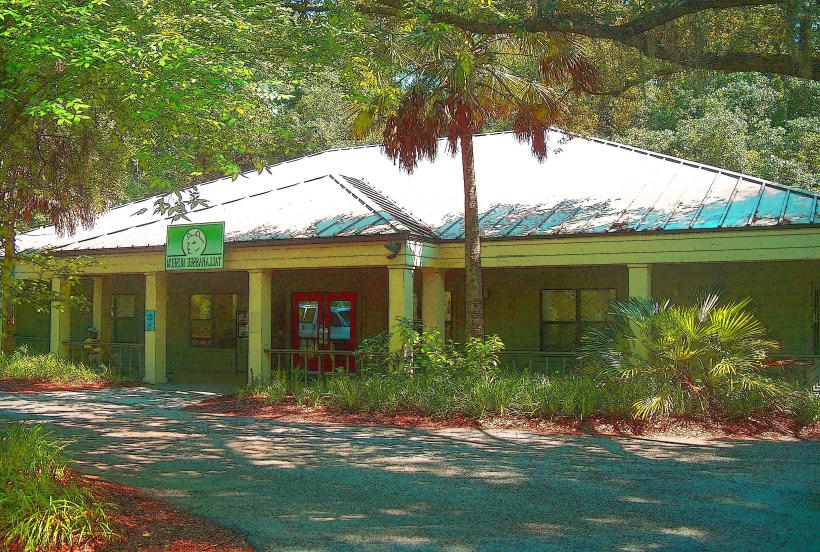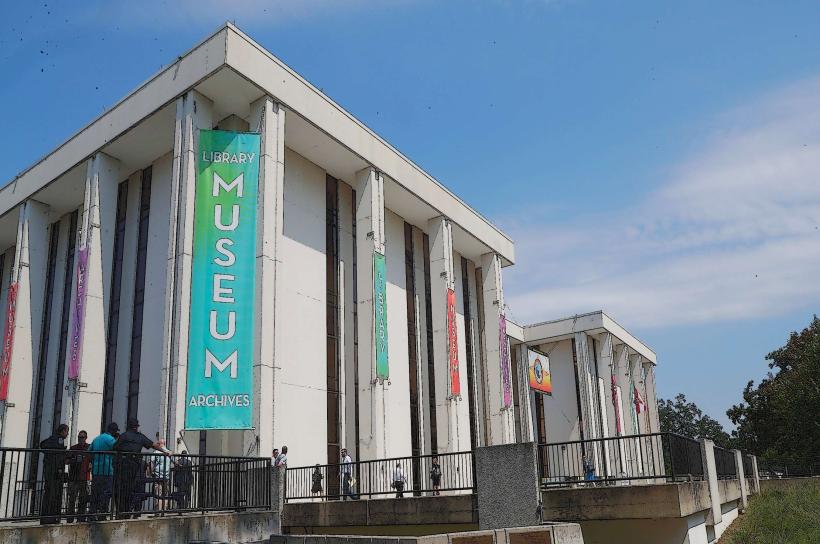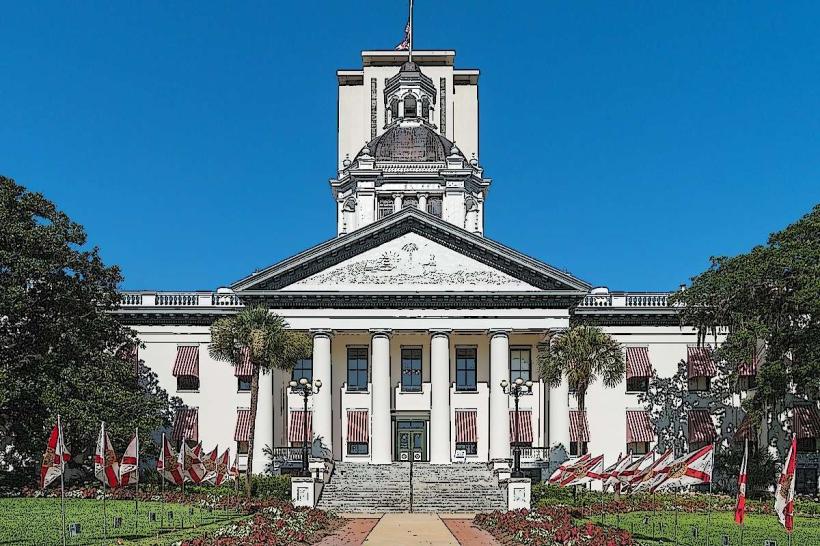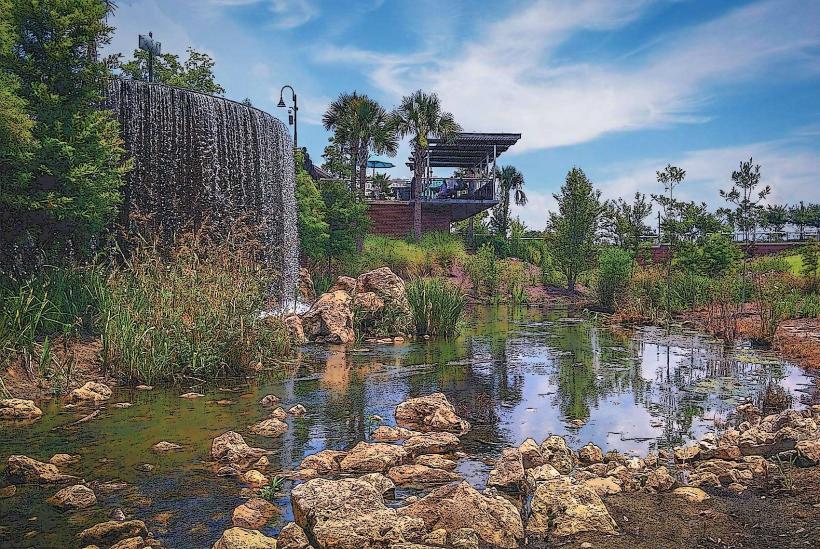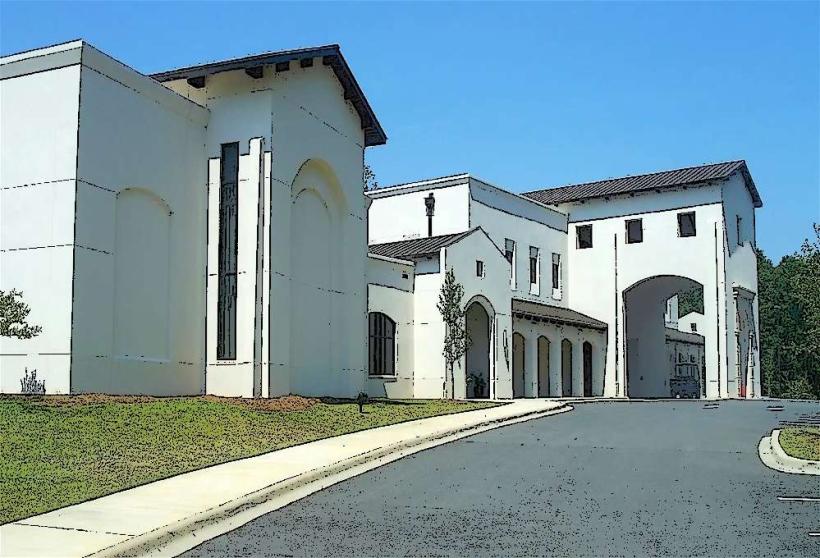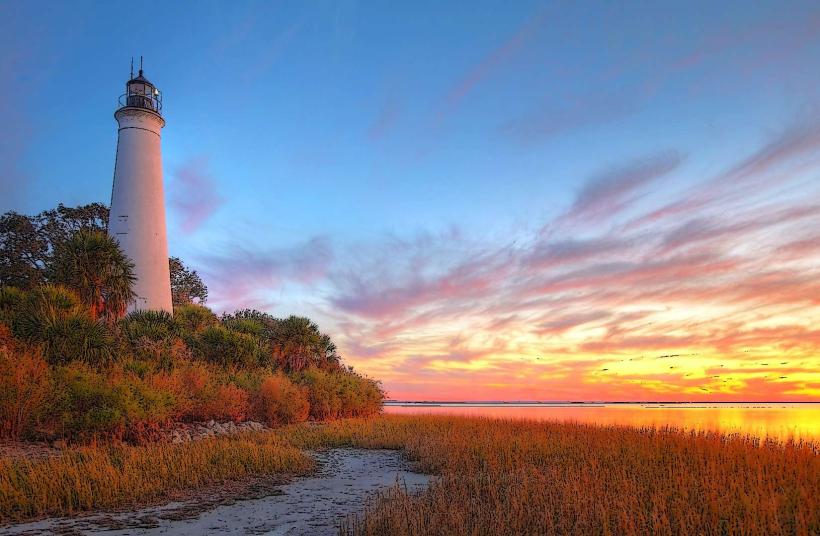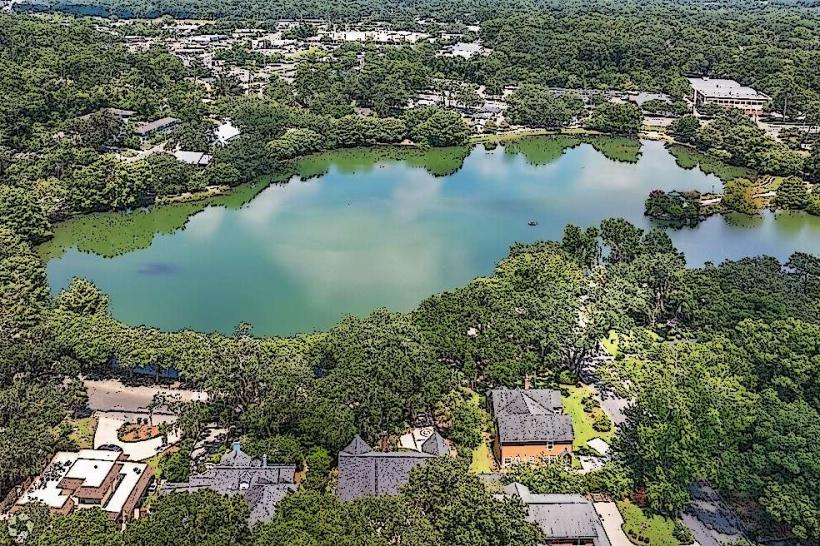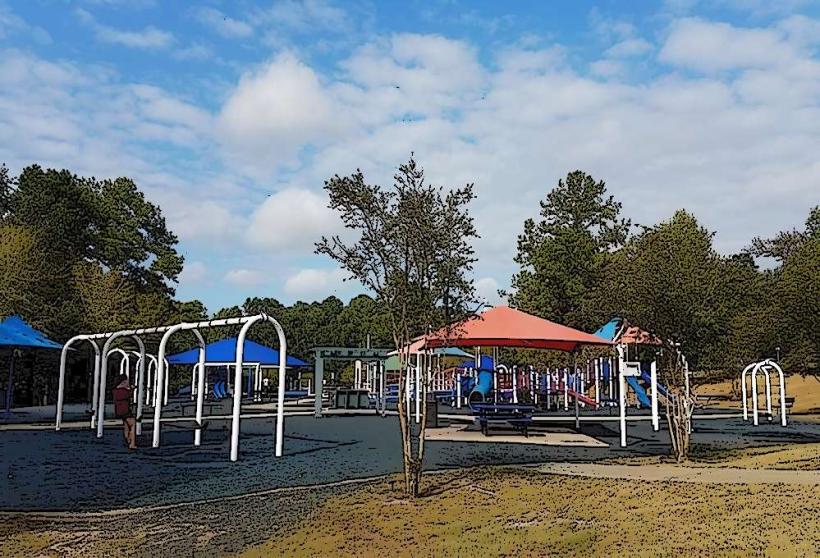Information
City: PensacolaCountry: USA Florida
Continent: North America
Pensacola, USA Florida, North America
Pensacola, located in the westernmost part of Florida, is a historic city known for its beautiful beaches, rich cultural history, and naval significance. Situated along the Gulf of Mexico, Pensacola offers a mix of coastal charm, Southern hospitality, and a relaxed lifestyle. The city is the county seat of Escambia County and serves as a hub for the Pensacola metropolitan area.
General Overview
Pensacola has a population of around 53,000, with the larger metropolitan area exceeding 500,000. Known as the "City of Five Flags," Pensacola has a history shaped by the Spanish, French, British, and Americans, which is reflected in its diverse cultural influences and historical landmarks. The city’s role as a military hub is also significant, with the Naval Air Station Pensacola being one of the largest and most important military bases in the United States.
Geography and Layout
Pensacola sits on the Gulf Coast, bordered by the Santa Rosa Sound to the north and the Gulf of Mexico to the south. The city enjoys a combination of coastal landscapes, from pristine beaches to natural preserves and scenic waterways.
Beaches: Pensacola’s coastline is home to some of the most beautiful beaches in Florida, including Pensacola Beach and Perdido Key, which offer white sand, clear waters, and excellent opportunities for water sports, fishing, and relaxation.
Waterways and Parks: The city is surrounded by natural beauty, including parks like Gulf Islands National Seashore and Big Lagoon State Park, which are popular for outdoor activities such as kayaking, hiking, and birdwatching.
Historic Districts: Pensacola's downtown and historic districts feature well-preserved colonial architecture and Spanish-style buildings, reflecting its diverse cultural history.
Demographics
Pensacola has a varied population, with a strong military presence due to the Naval Air Station, along with families, students, and retirees.
White (non-Hispanic): Approximately 60%
African American: Around 30%
Hispanic/Latino: About 5%
Asian: Around 2%
Median Age: The median age in Pensacola is about 38 years, which reflects the mix of families, military personnel, and retirees.
Educational Attainment: The city has a relatively high level of education, with many residents holding degrees from local institutions such as Pensacola State College and the University of West Florida.
Climate
Pensacola experiences a humid subtropical climate, characterized by hot summers and mild winters.
Summers: Summers are hot and humid, with temperatures regularly reaching 90°F (32°C) or higher. Afternoon thunderstorms are frequent, bringing temporary relief from the heat.
Winters: Winters are mild, with average highs ranging from 50°F (10°C) to 60°F (15°C). Freezing temperatures are rare, although the city can experience occasional cold snaps.
Rainfall: Pensacola receives moderate rainfall year-round, with the wettest months being from June to September, coinciding with the hurricane season.
Hurricane Risk: Like much of Florida’s Gulf Coast, Pensacola is vulnerable to hurricanes and tropical storms, especially during the peak of the hurricane season from August to October.
Humidity: The city experiences high humidity throughout the year, which can make the summer heat feel even more intense.
Economy
Pensacola’s economy is driven by a variety of sectors, including military, tourism, education, and healthcare:
Military: Pensacola is home to the Naval Air Station Pensacola, which is a key economic driver. The base houses the Blue Angels and provides employment for thousands of military and civilian personnel.
Tourism: The city's beautiful beaches and historic attractions make tourism a significant industry. Visitors flock to Pensacola for its coastal activities, historic sites, and festivals.
Education and Research: The University of West Florida (UWF) and Pensacola State College contribute to the local economy through education and research. UWF, in particular, has a focus on marine science and engineering, which supports local industries.
Healthcare: Healthcare is another important sector, with institutions like Sacred Heart Health System and Baptist Health Care providing medical services to the city and surrounding areas.
Retail and Services: Pensacola has a growing retail and service industry, particularly in the downtown area, with new businesses opening to cater to both residents and tourists.
Infrastructure and Transportation
Pensacola is well-connected to other parts of Florida and the Gulf Coast, with various transportation options:
Roads and Highways: Pensacola is situated at the junction of Interstate 10 (I-10), which runs east-west, and Interstate 110 (I-110), which connects to Pensacola Beach. The city is accessible from Mobile, Alabama to the west and Tallahassee to the east.
Public Transit: The Escambia County Area Transit (ECAT) operates the public bus system, providing transportation throughout the city and surrounding areas. However, Pensacola’s public transit system is limited, and many residents rely on private vehicles.
Pensacola International Airport (PNS): The airport provides domestic flights to major cities across the U.S., serving as the primary air travel hub for the city.
Port of Pensacola: The port is a key component of the city's economy, supporting shipping, cargo handling, and tourism, especially cruise ships.
Rail: Pensacola is served by Amtrak, with the Sunset Limited route connecting the city to New Orleans and Jacksonville.
Education
Pensacola offers a range of educational options, including public schools, private schools, and higher education institutions:
K-12 Public Schools: Pensacola is served by Escambia County Public Schools, which operates elementary, middle, and high schools. The district is known for offering strong academic programs and extracurricular activities.
Private Schools: Pensacola has several private school options, such as Pensacola Catholic High School and Montessori School of Pensacola.
Higher Education: The University of West Florida (UWF) is the region’s main public university, offering undergraduate and graduate programs in a variety of fields, including marine science, business, and engineering. Pensacola State College offers two-year associate degree programs and workforce development opportunities.
Arts, Culture, and Lifestyle
Pensacola has a vibrant cultural scene, with a rich history and active arts community:
Historic Sites and Museums: The Pensacola Historic District features several historic buildings and landmarks, including Fort Pickens and the Pensacola Lighthouse. Museums like the T.T. Wentworth Jr. Florida State Museum and National Naval Aviation Museum showcase the city’s military and maritime heritage.
Music and Performing Arts: Pensacola is home to the Pensacola Symphony Orchestra, Pensacola Opera, and various live music venues. The city also hosts a variety of annual music festivals, including the Pensacola Beach Songwriters Festival.
Outdoor Activities: Pensacola offers plenty of outdoor activities, including fishing, boating, beachgoing, and hiking in nearby state parks. The city’s coastal waterways make it a popular spot for water sports such as kayaking, paddleboarding, and jet skiing.
Events and Festivals: Pensacola hosts several popular events throughout the year, such as Pensacola Seafood Festival, Pensacola International Billfish Tournament, and Pensacola Mardi Gras, which attract visitors and bring the community together.
Housing and Real Estate
Pensacola offers a variety of housing options, from historic homes to modern developments:
Historic Homes: Pensacola’s downtown and waterfront areas feature historic homes and colonial-style architecture, which are sought after by those looking for charm and character.
Suburban Areas: The city has suburban neighborhoods such as Cordova Park, East Hill, and Gulf Breeze, which offer single-family homes in family-friendly environments.
Rental Market: Pensacola has a mix of rental options, including apartments, condos, and homes for rent. The city’s relatively affordable housing market makes it an attractive option for both long-term residents and short-term visitors.
Real Estate Trends: The real estate market in Pensacola has seen growth in recent years, particularly due to an influx of retirees, military personnel, and young professionals moving to the area.
Key Challenges
Traffic and Congestion: While Pensacola is not as congested as larger cities, it can experience traffic delays, especially during the tourist season or when military-related events are held at the Naval Air Station.
Hurricane Risk: Pensacola faces the risk of hurricanes and tropical storms, which can cause flooding, property damage, and disruptions to daily life.
Economic Dependence on Military: Pensacola’s economy is heavily reliant on military installations and federal funding, which can be subject to changes in national defense priorities and budgets.
Pensacola offers a unique blend of coastal living, rich history, and military influence, making it an attractive place to live, work, and visit. Its beautiful beaches, thriving arts scene, and strong sense of community create a laid-back yet vibrant atmosphere that appeals to a variety of residents and visitors.

